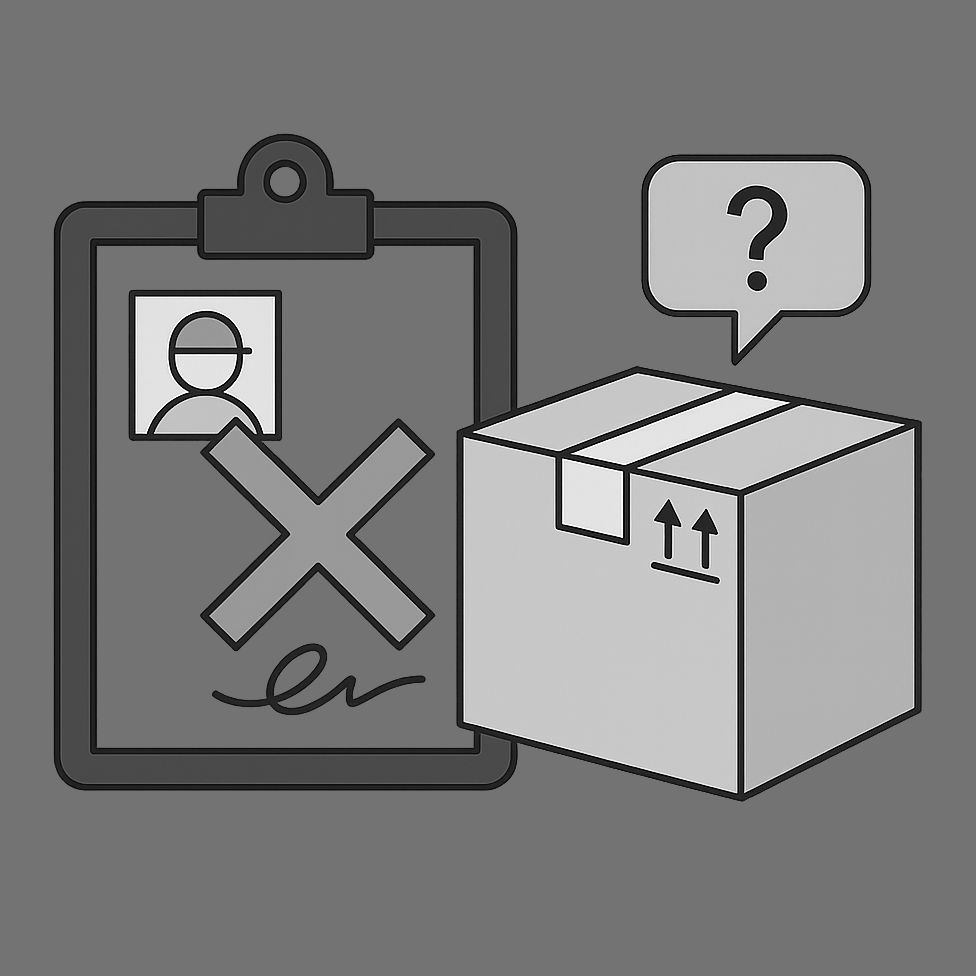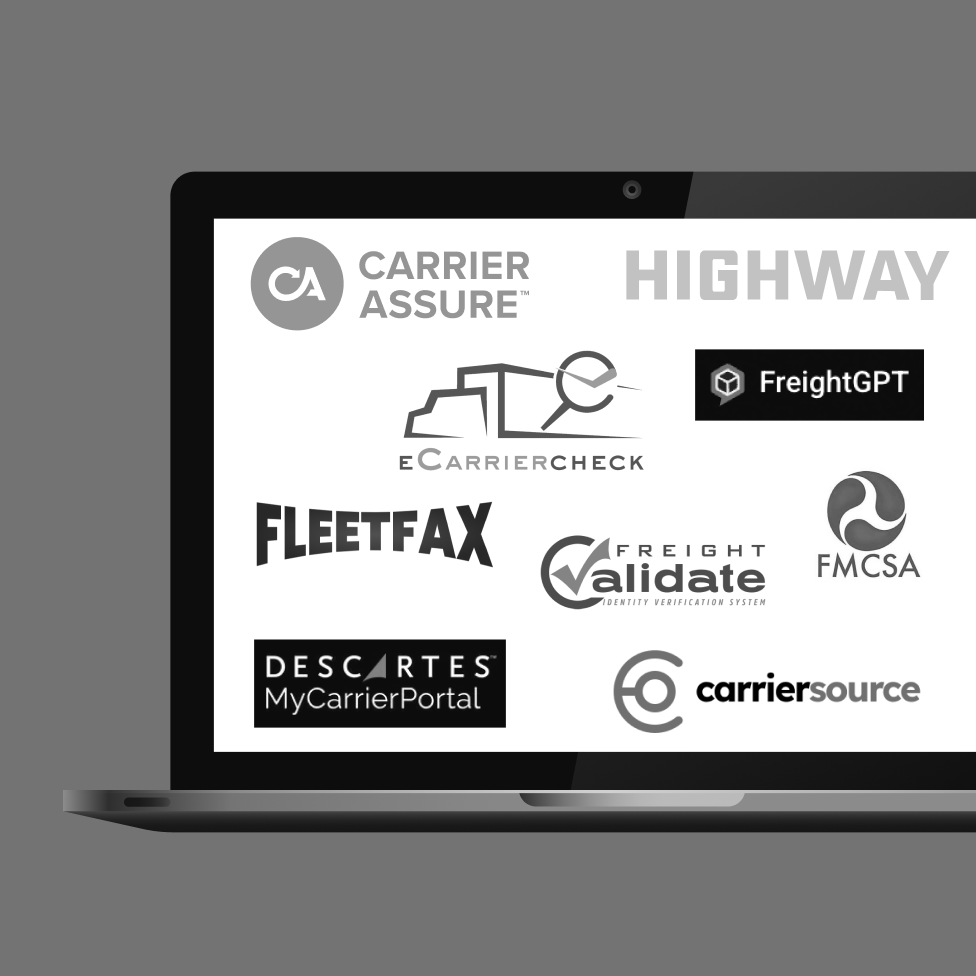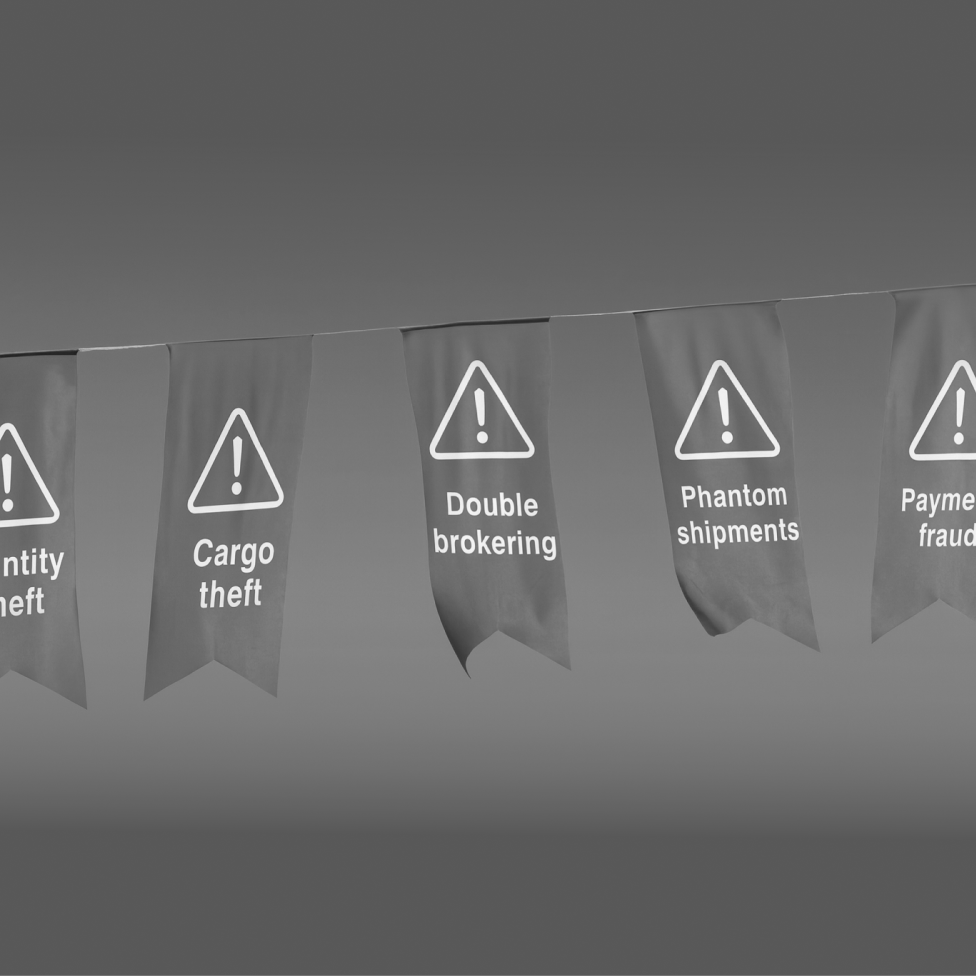Moving a load is never a straight line.
Oftentimes, a load encounters roadblocks, delays and changes that can impact the overall cost. Understanding these complexities is crucial for anyone involved in shipping, whether you're a business owner, logistics manager, or even a truck driver.
This article dives into one of the key components that often come as a surprise to many: accessorial charges.

We surveyed nearly 100 shippers to understand what drives their decisions and frustrations. Price matters—but service, communication, and back-office ease matter more.
Six of the Most Common Accessorial Charges

1. Detention
This is the most common accessorial fee charged by carriers in the transportation industry. Detention is a fee that is charged by a carrier for additional time spent getting loaded or offloaded at a shipper or receiver. Typically, the drivers will allow two free hours of wait time at either facility before detention charges are incurred. After the two free hours, they will charge an hourly rate until the loading or offloading process is completed.
This rate is typically between $25 and $100 per hour. It is best to establish this rate with your carrier in your setup packet. You can do this by creating a one-page insert stating your accessorial charges up front that the carrier can actually sign stating they agree.
2. Reconsignment
Reconsignment is when a shipment destination is changed after the freight has been picked up by the carrier.
This is typically a $50 to $75 charge by the carrier, plus any out-of-route miles. For example, if you book a load with a carrier for Los Angeles, CA - San Diego, CA with a line haul of $550 (124 loaded miles) and you change the destination to Calexico, CA (now 224 miles transit), the carrier would charge a minimum $50 reconsignment plus (550 divided by 124 miles) $4.44 per mile x 100 additional miles = $494 reconsignment fee.
3. Stop-Off Charges
Each additional stop you add to a load has an additional charge. Typically a stop-off charge will range from $50 to $100 per stop.
Example: 1 pick, four stops, the carrier would take that typical line haul cost, plus 3 $50 stop-off charges (important to know when quoting multiple stops for customers).
Los Angeles, CA - San Diego, CA (3 stops in San Diego)
Line Haul: $550 (1 pick 1 stop)
Stop off 3: $150
Total: $700
4. Lumper Fees
A lumper fee is charged when the driver needs to hire a service to offload the product from the trailer. This is normally required at a large DC or warehouse such as Kroger or McLanes. Some common lumper companies are Capstone Logistics, Eclipse, and Advantage.
These lumper service fees vary dramatically from $75 to $600 and vary by company and the service provided. If they have to break down the pallets and re-pallet the product or any additional services, the lumper fee will be more expensive.
The driver should be sure to include a receipt along with the BOL or POD in order to get reimbursed for the payment.
5. Layover Fees
A layover fee is applied if a truck is unable to get loaded or offloaded (typically, we see layovers when offloading) on the day originally scheduled and the transit/loaded days are extended.
Layovers occur when incorrect appointment information is received, the receiver is short-staffed or has broken equipment, if the product is not ready, etc. Whatever the reasoning is, if this happens, the carrier will charge a per-day layover fee.
These fees range from $200-$500 per day. The layover fee can be more expensive if you hire a Team Service or if the drivers have any special certs they were using for your load. Typically, the more specialized the driver or service, the more expensive the layover per day.
6. Truck Order Not Used (TONU)
Used when a broker hires a carrier to haul their load. All the terms have been agreed to and signed off on, but then the truck gets canceled by the broker before they are able to get loaded.
Usually charged for the same-day cancellation. So, for example, there would be no TONU issued if a truck is canceled the day prior to the load picking up. Reasons for issuing a TONU may be that the product is not ready at the shipper, the product is stuck at the border crossing, the load is canceled by your customer, etc.
A TONU charge can range from $150-$250.
Accessorial Charge Transparency and Factoring Solutions
Understanding and effectively managing accessorial charges is crucial for maintaining healthy relationships with carriers and clients. Accessorial charges are not arbitrary add-ons but necessary fees that compensate for additional services and unforeseen challenges in the transportation process.
As a freight broker, your role is pivotal in ensuring transparency around these charges. Clear communication with carriers about potential accessorial charges – such as detention, reconsignment, stop-off charges, lumper fees, layover fees, and Truck Order Not Used (TONU) – is essential. This transparency not only builds trust with your carriers but also helps in providing accurate and comprehensive quotes to your clients, avoiding surprises and disputes over unexpected costs.

With Denim, you’ll never have to answer questions about accessorial fees with transparent invoicing. Request a quote today to learn more about Denim’s factoring services.
Denim’s automated solutions streamline your back-office operations. Explore our solutions to see how Denim can help your business scale efficiently.
There's a better way

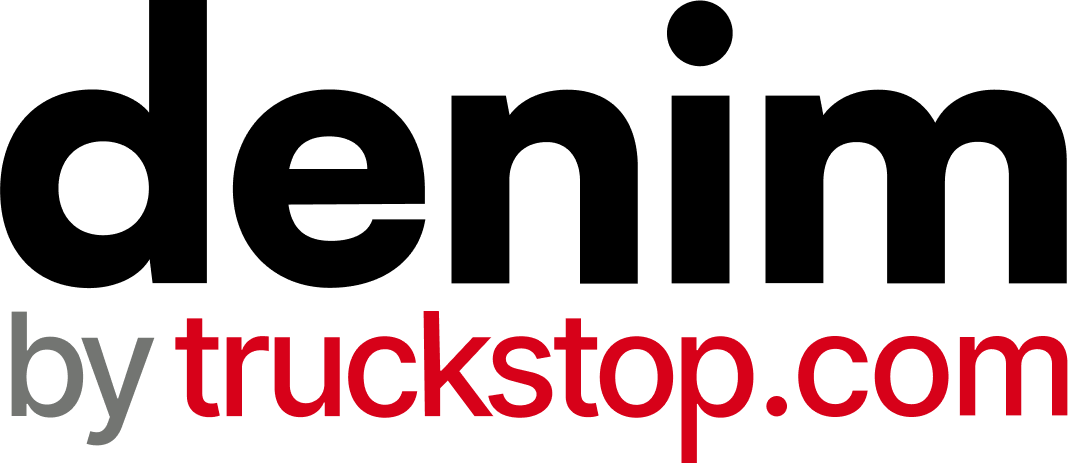
.png)

